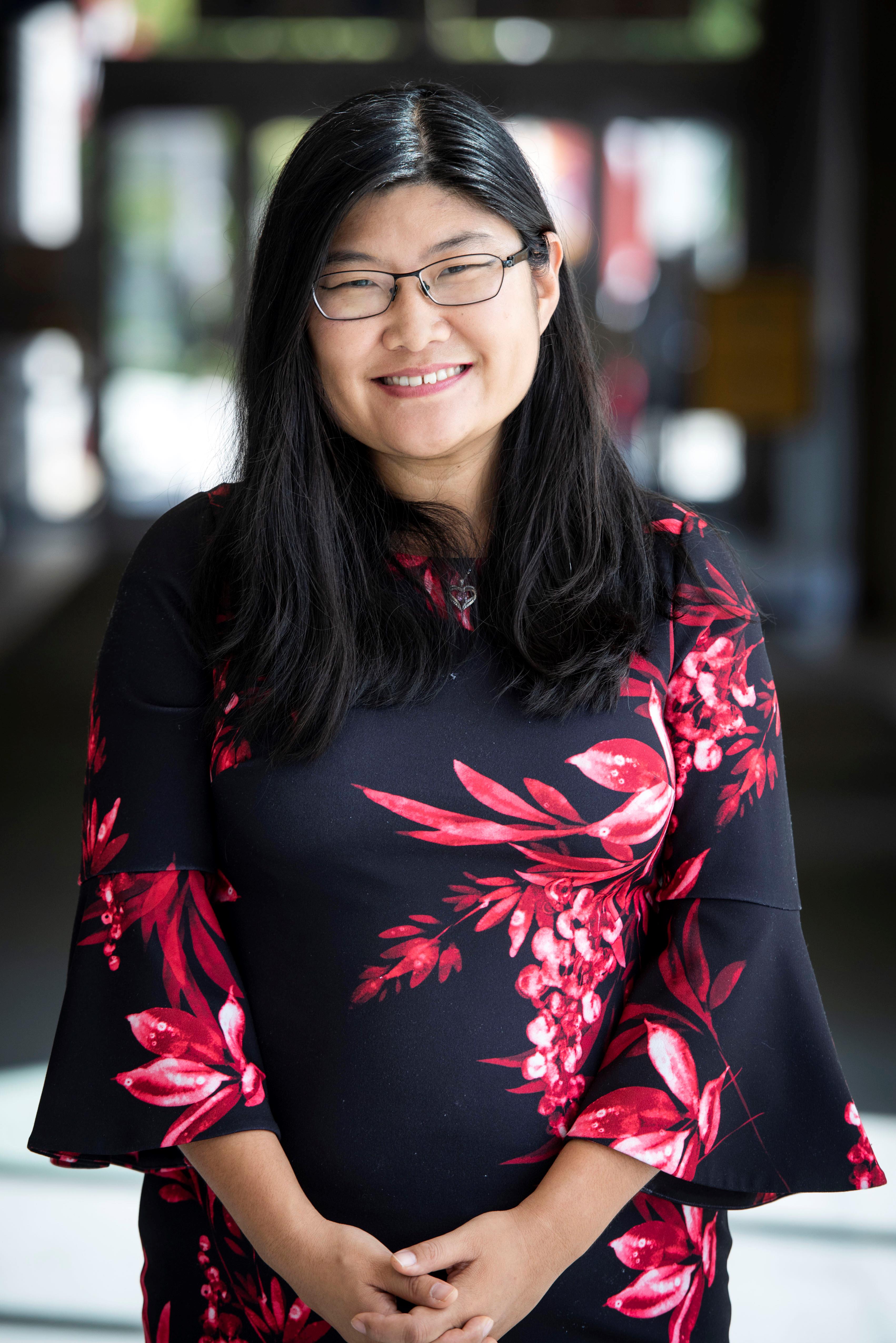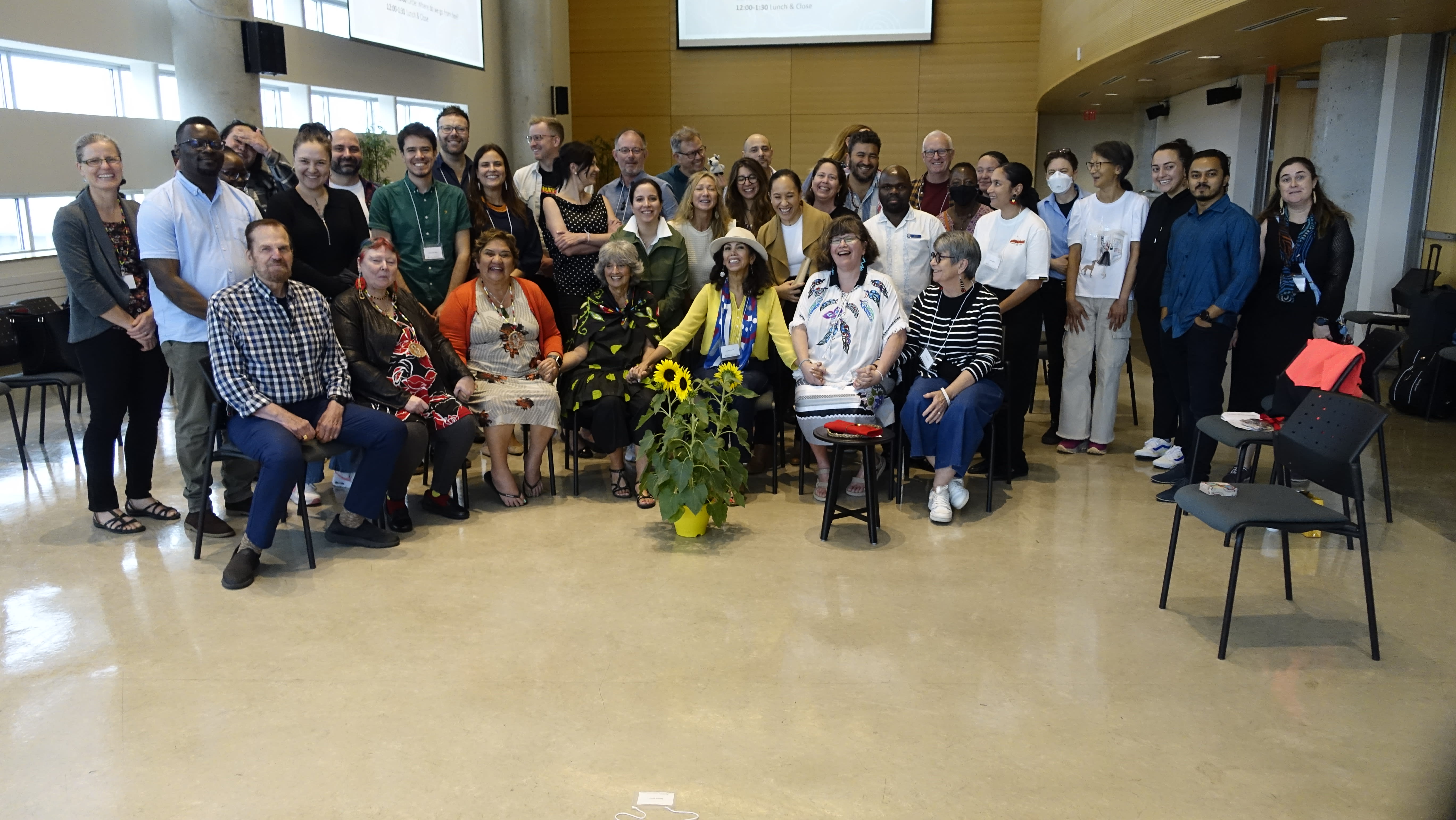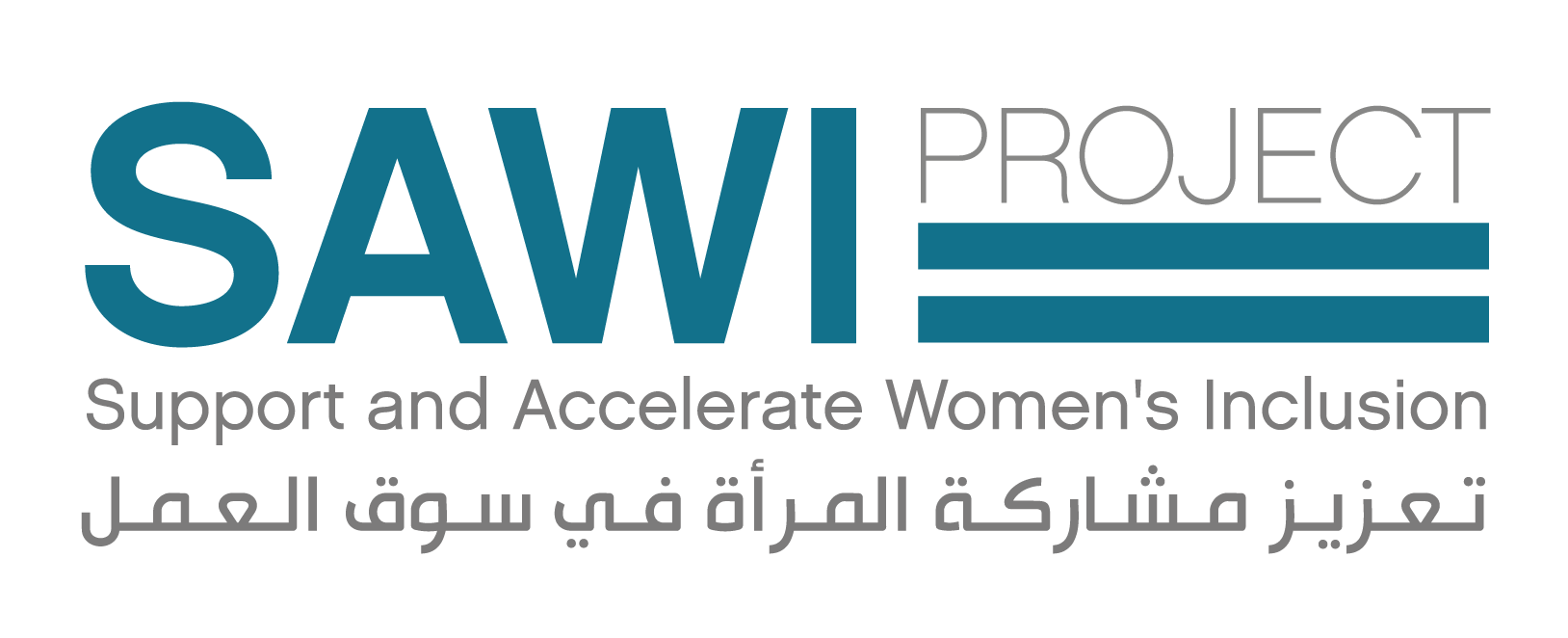The use of algorithms in the workplace has become more popular. They serve a variety of needs, such as employee task allocation, hiring and performance monitoring, as noted in an article by Doyle Clayton Solicitors. However, the introduction of algorithmic hiring has a major flaw — fundamental bias.
This is why Professors Qianru Qi and co-applicant Rafid Mahmood have received a Social Sciences and Humanities Research Council Insight Development Grant, for a project titled Levelling the Playing Field: Synthetic Data Solutions for Labour Market Equality. They will build the largest “synthetic” executive market dataset in North America and use it along with real data to increase diversity and properly train hiring algorithms.
Algorithms are typically based on an undiversified candidate pool. A video by the Wharton School at the University of Pennsylvania notes less than 10% of women and minorities are among the top five executives of S&P companies. Algorithms automatically search for those most like current employees, who are undiversified. This affects company performance; with a more diverse workforce, the company can bring in many different perspectives and abilities.
Using “Synthetic Data”
The researchers would like to identify candidates from underserved backgrounds who show strong leadership skills in practical settings. Some scholars have looked to female CEOs in smaller companies to expand the pool of potential CEO candidates or board of director candidates, selecting directors through machine learning. However, procuring data can be difficult and recognition of its value can be elusive.
Thus, the researchers will use “synthetic data,” data not extracted from real-world events but computer-generated from a variety of sources. Grounded in the theoretical foundations of leadership literature, it offers opportunities for experimentation and exploration in the quest for inclusion and diversity.
Data will come from a variety of sources, for example, companies’ public annual reports, removing the factors that lead to bias (that have no correlation to negative job performance) from their database.
A Personal Interest
Where does Qi’s interest in the topic come from?
“As a female professor with minority background, my personal interest is deeply rooted in both my academic pursuits and real-world experiences. Throughout my career, I have encountered the challenges and disparities that women, particularly women of minority backgrounds, face when aspiring to leadership positions in both academic and corporate settings.”
She adds, “I am committed to shedding light on the systemic barriers that hinder women’s progress, conducting research that underscores the benefits of diverse leadership and inspiring the next generation of female leaders with the knowledge and tools needed to break through the glass ceiling.”
Research Impact

This research is an opportunity to spur diversification of the executive workforce, especially as automated hiring becomes the norm. This dataset will be accessible to the industry and regulators, allowing for fair access to a diversified executive market dataset. This is important, as equity in hiring practices is the first step in ensuring equity within a company, especially at the executive level.
A variety of researchers may find this data relevant to their own research interests, for example, in HR or labour economics. Other researchers could also use this research framework to create their own synthetic data, to diversify and increase equity in their own hiring processes, beyond the executive level.











